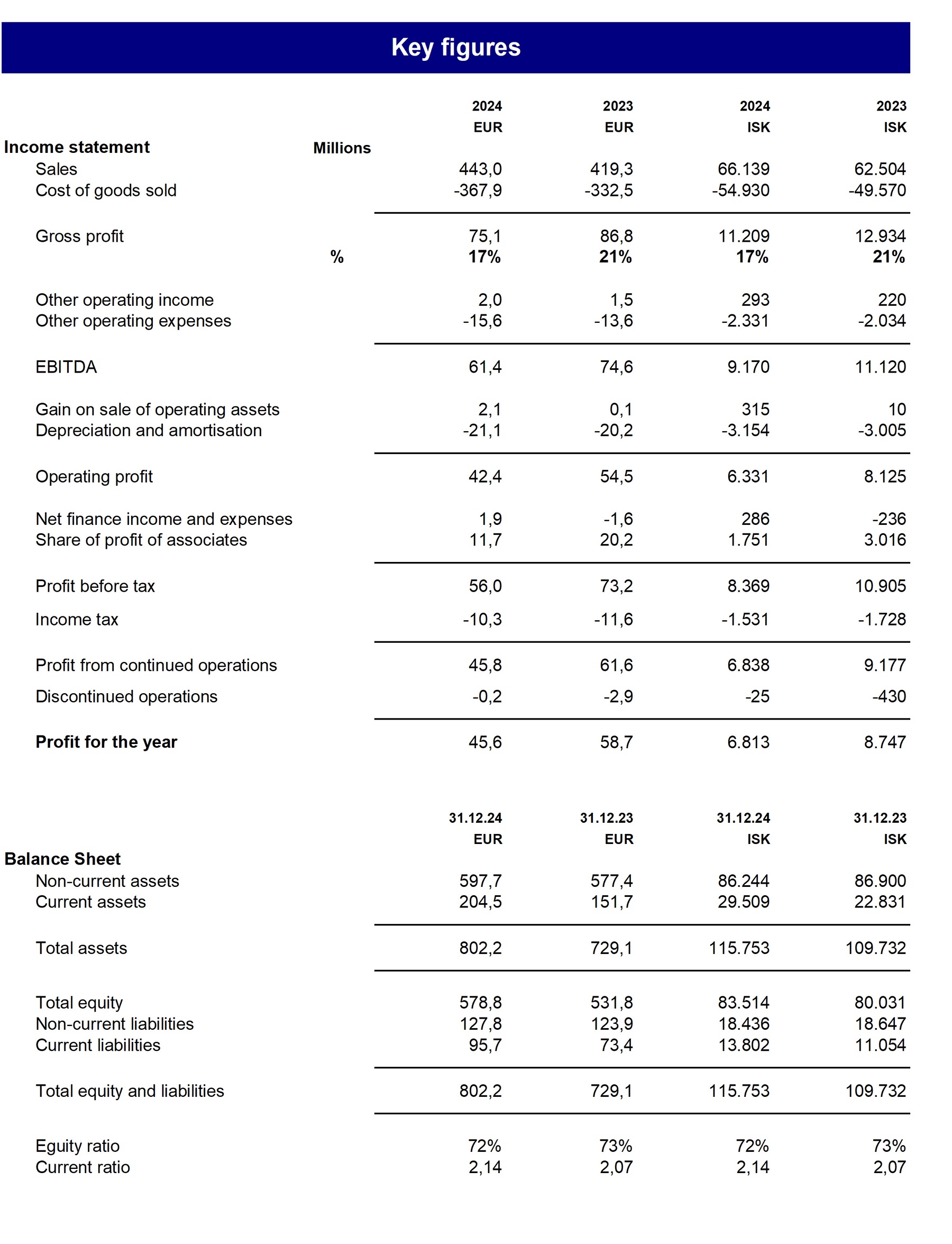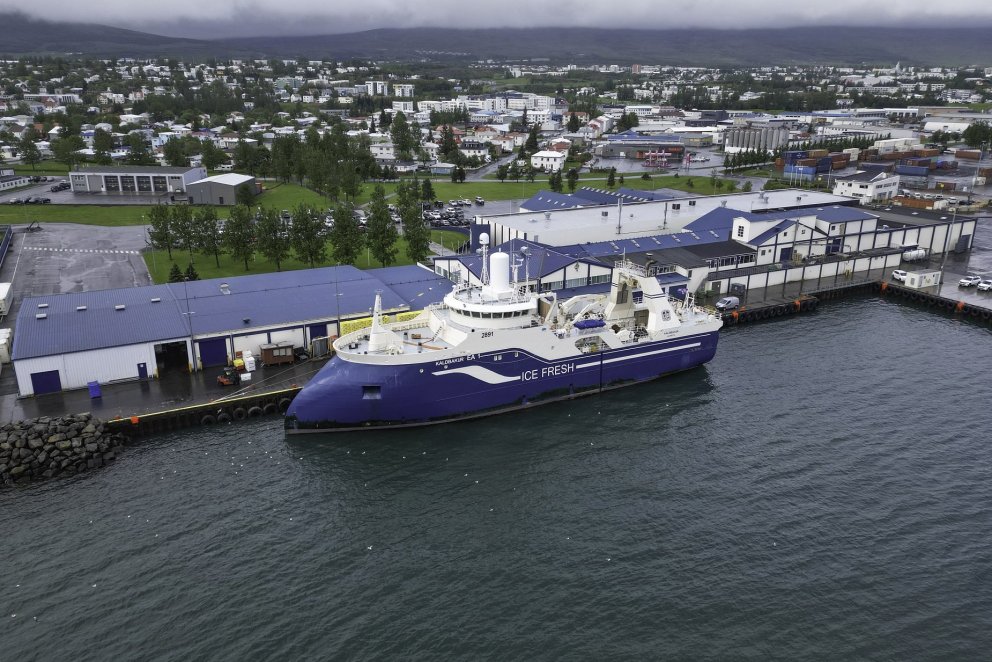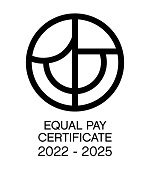Samherji reports EUR 45.6m net profit and continues reinvestment in core operations
Samherji hf. reported an operating profit of EUR 42.4 million in 2024, a year-on-year decrease of EUR 12 million. Net profit, including the share of profit from associated companies and financial items, amounted to EUR 45.6 million after taxes, compared to EUR 58.7 million in 2023.
Key figures from the financial results
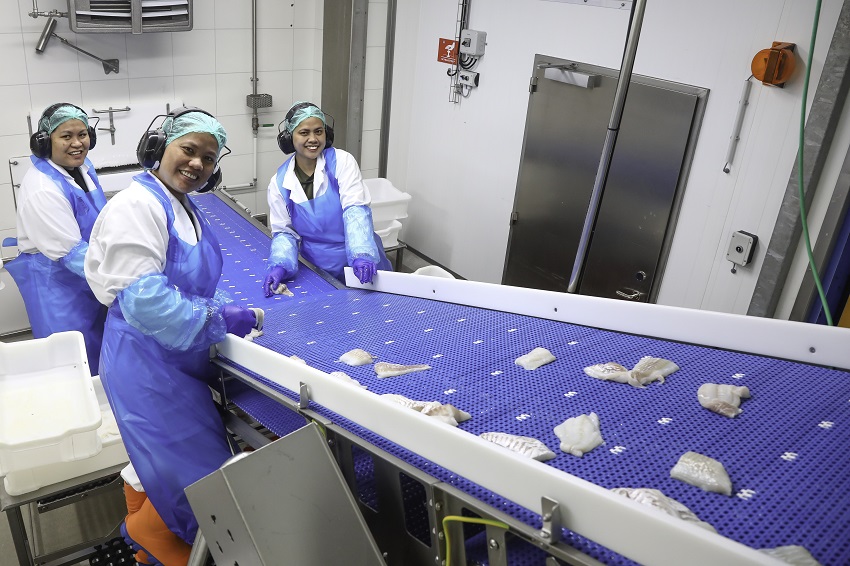
Samherji sold products for EUR 443 million last year, with revenue increasing by nearly 6% year-on-year. Earnings before depreciation and financial items (EBITDA) totalled EUR 61,4 million, representing a decline of just over 17% from the previous year.
Share of profits from associated companies amounted to EUR 11.7 million. This figure declined year-on-year, primarily due to lower earnings from Síldarvinnslan hf., resulting from no capelin season in 2024.
At year-end 2024, Samherji hf.'s total assets stood at EUR 802.2 million, and equity amounted to EUR 578.8 million. The group’s equity ratio at year-end was 72%, compared to 73% at the end of 2023. The equity ratio has remained high in recent years, reflecting significant investments in core operations and a solid financial position.
The group employed an average of 789 full-time equivalents (FTEs) in 2024, up from 722 in 2023. Total wage payments for the year amounted to EUR 66.3 million. The increase in FTEs is primarily due to 2024 being the first full year in which the employees of foreign sales companies were consolidated into the group, following the acquisition of these entities in autumn 2023 by Ice Fresh Seafood ehf., a Samherji subsidiary. Additionally, Samherji Fish Farming, another subsidiary, hired new employees to support the company’s expanding operations in aquaculture.
A successful year for demersal fishing and processing
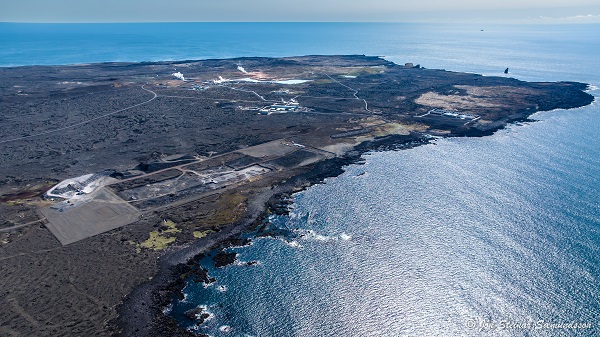
Samherji CEO Baldvin Thorsteinsson says it was a successful year overall for the company’s demersal fishing and processing operations.
“Our fleet is well equipped and staffed with skilled professionals in every position. The same high standards apply to our land-based processing plants, which have gained international recognition for their advanced technical solutions and excellent working conditions.
“In pelagic fisheries, the decline in operating results is primarily due to the absence of a capelin season, a major disappointment for both the industry and the Icelandic economy as a whole. We hope to work closely with the government to better understand the reasons behind the significant decline in the capelin stock in recent years.
“The increase in fishing fees places a greater financial burden on the industry, requiring the company to carefully review its operations to cover increased fees while continuing to invest in the company’s infrastructure and value creation,” says Thorsteinsson.
“I want to highlight the fact that from the onset, Samherji has placed strong emphasis on investments through the construction of new vessels, modern processing plants, and the implementation of new technological solutions across its operations. As a result, the investment ratio has remained high. Since I became a shareholder in the company in 2019, 88% of the Samherji Group’s profits have been allocated to direct investments in fishing, processing and land-based aquaculture. The company’s strategy is to continue this path. The largest current project is the Salmon Garden, a new land-based aquaculture facility in Reykjanes, which will create a number of permanent, year-round jobs locally and significant export revenue.”
Since 2023, prior to the equity private placement for the Salmon Garden project in Reykjanes, Samherji has invested more than EUR 48 million in land-based aquaculture. This investment includes the expansion of the facility in Öxarfjördur, Northeast Iceland, and the implementation of new technology that will also be used in the Salmon Garden. The total equity raised for the Salmon Garden, with signed subscription agreements, already amounts to EUR 210 million, with Samherji contributing nearly half of the equity and the remainder covered by external investors. Construction of the first phase of the facility is scheduled for completion in the spring of 2027.
Thorsteinsson points out that since 2019, the average dividend payout ratio has been 2.5% of profits. In 2024, this ratio was 7%, but for several years, no dividend was paid to shareholders due to extensive reinvestment in core operations.
Cod from Samherji in Icelandic supermarkets
Samherji aims to further improve communication about the company’s operations in response to recent political rhetoric surrounding the Icelandic fishing industry in the lead-up to the fishing fee legislation in Parliament last spring.
“I am pleased to announce that Samherji will start selling cod products under its own brand in Icelandic supermarkets this autumn. Our aquaculture products, Landlax and Landbleikja, have been very well received, and we look forward to bringing customers the best from our land-based processing facilities in the Eyjafjördur region,” says Thorsteinsson.
New Board of Directors elected during the annual general meeting
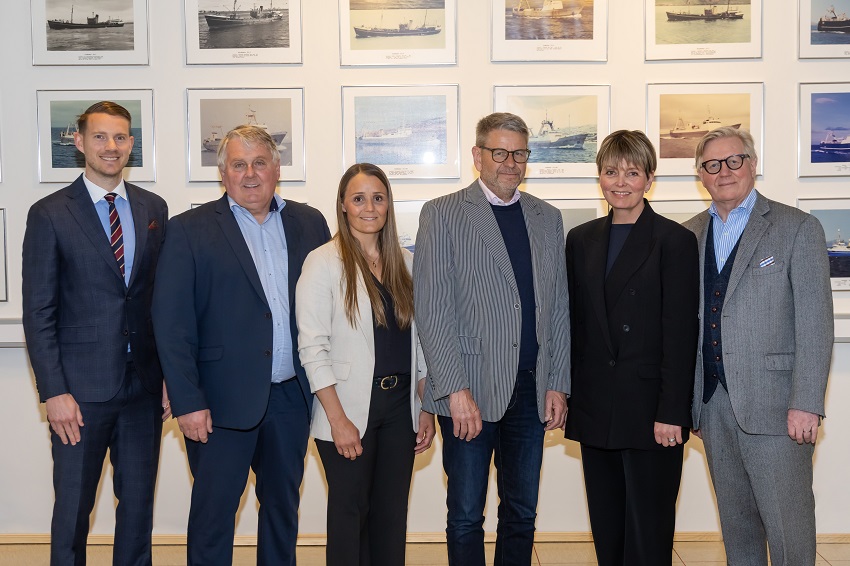
As previously reported, a new Board of Directors of Samherji was elected at the company’s recent annual general meeting. When Baldvin Thorsteinsson was appointed CEO, it was already known that he would step down from the Board and relinquish his role as Chairman. Jón Sigurdsson, former CEO of Össur hf. (now Embla Medical), was elected to the Board in his place and will serve as the new Chairman of Samherji hf. This is not Sigurdsson’s first time on the Board—he previously held a board position from 2002 to 2006.
The rest of the Board remains unchanged. Óskar Magnússon, Ásta Dís Óladóttir, Dagný Linda Kristjánsdóttir, and Kristján Vilhelmsson were re-elected during the Annual General Meeting, with Kristjánsdóttir serving as the new Vice-Chairman of the Board.
Thorsteinn Már Baldvinsson stepped down as CEO in June
Thorsteinn Már Baldvinsson stepped down as CEO of Samherji at the end of June after 42 years in the role, or since the company’s inception in 1983.
“The fisheries industry has been my father’s passion and life’s work, and it is rare to find someone who matches his dedication to the business and his genuine care for all the company’s employees. What began with Samherji’s office at the kitchen table at home has grown into a group employing around 800 people.
“There is no doubt that the Icelandic fisheries industry is a global leader, and Thorsteinn Már has played a major role in that success. He has consistently prioritised the adoption of advanced technological solutions, both at sea and on land. Under his leadership, Samherji’s employees have made a lasting impact on shaping the industry globally through their pioneering work.
“At this turning point, I express my deepest gratitude and respect for the remarkable contribution of the entrepreneur and highly effective business leader Thorsteinn Már Baldvinsson. Fortunately, he will continue to be involved in various projects for the company, including the continued expansion of Samherji Fish Farming,” says Baldvin Thorsteinsson, CEO of Samherji.
Below is an overview of key figures from Samherji’s 2024 financial statements.
